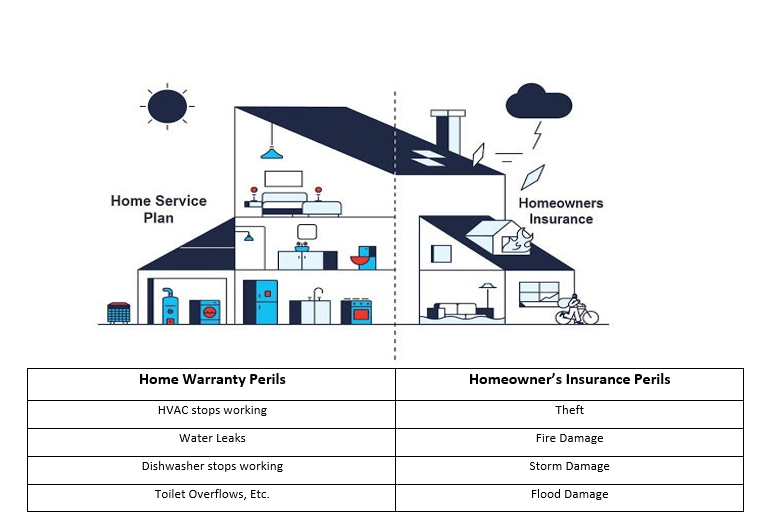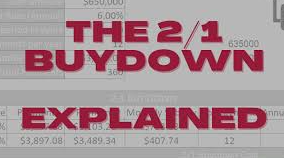At some point in time every business relationship that moves forward is predicated on some level of trust. Whether you have a 100-page contract or not, the parties must trust each other to perform according to the terms of their agreement. This too is the basis for the exclusive Buyer/Broker Agreement. BOTH the Buyer and the Broker must trust each other to meet the other’s expectations. This agreement puts those expectations in writing and is written in a way that protects BOTH parties.
The Buyer/Broker Agreement spells out the duties, obligations, and expectations of both the Buyers and the Brokers. And make no mistake about it, those contractual duties to which the Broker is agreeing are very much in the best interests of the Buyer.
Duties of the Broker
- All real estate brokers have a fiduciary duty to act in the best interests of their client. That means the Broker is required by law (and in the case of a Buyer/Broker Agreement, by contract as well) to make decisions above their own self-interest and think and act to the benefit of their clients above themselves.
- The Broker has the duty to act in competent fashion on their clients’ behalf. If they are not competent in the execution of their job, they have violated their fiduciary duty to their client.
- The Broker has the duty to devote both time and resources to assist the Buyer in finding and acquiring a suitable property.
- The Broker has the duty to provide guidance to help the Buyer with the acquisition of property.
- The Broker has the duty to disclose all material facts that may affect the Buyer’s decisions to purchase or not purchase a specific property.
If the Broker fails in any of these duties, they are subject to disciplinary action, legal action and even suspension or revocation of their real estate license. Without this agreement, the Broker is not necessarily duty bound like they would be otherwise. So, you can see how beneficial this agreement is for the Buyer.
Of course, this is a bilateral agreement, and the Buyer is agreeing to certain obligations as well.
Duties of the Buyer
- The Buyer has the duty to not simultaneously enter into another agreement with another Broker.
- The Buyer has the duty to provide relevant and timely information to the Broker to assist the Broker in achieving the Buyer’s goals.
- The Buyer has the duty to timely view and consider properties sent to Buyer.
- The Buyer has the duty to provide relevant personal and financial information to Broker.
- The Buyer has the duty to take reasonable care in reading all documents provided by Broker.
- The Buyer has the duty to inform Broker of any material changes in Buyer circumstances that may affect their ability to purchase a property.
Cancellation
- Some people are concerned about being “locked in” to one Broker without knowing:
- how compatible their working relationship will be.
- how competent they are.
- how trustworthy they are.
Well, the great thing about this agreement if you are concerned about any of the above issues is… you can cancel it any time! It’s only binding until it isn’t anymore. If you decide your Broker and you are not compatible, then you should be able to exit that agreement. There is a clause in the templated agreement specifically for this purpose. Traditionally, the Broker will ask for some short notice period (48 – 72 hours) and then you can fire your Broker and move on with someone else.
Purpose
So, if you can cancel any time, what’s the point in agreeing to be part of the Buyer/Broker agreement in the first place? Good questions and here is the answer:
- Knowing that your Buyer client is committed to you gives the Broker a much better sense that they are not wasting their time with just a “Looky-Lou”.
- It formalizes and binds the Broker to all the duties above.
- It creates recourse for the Buyer in case the Broker is negligent or incompetent.
- It helps the parties avoid making rash decisions.
- It helps to create the very important fiduciary duty the Broker has to you.
So, for your sake as a Buyer, we would recommend engaging a broker in this fashion and just make sure there is an “out clause” as discussed above to give you peace of mind. This way, it’s in everyone’s best interests and it’s always good to have all parties with their motivations aligned.












